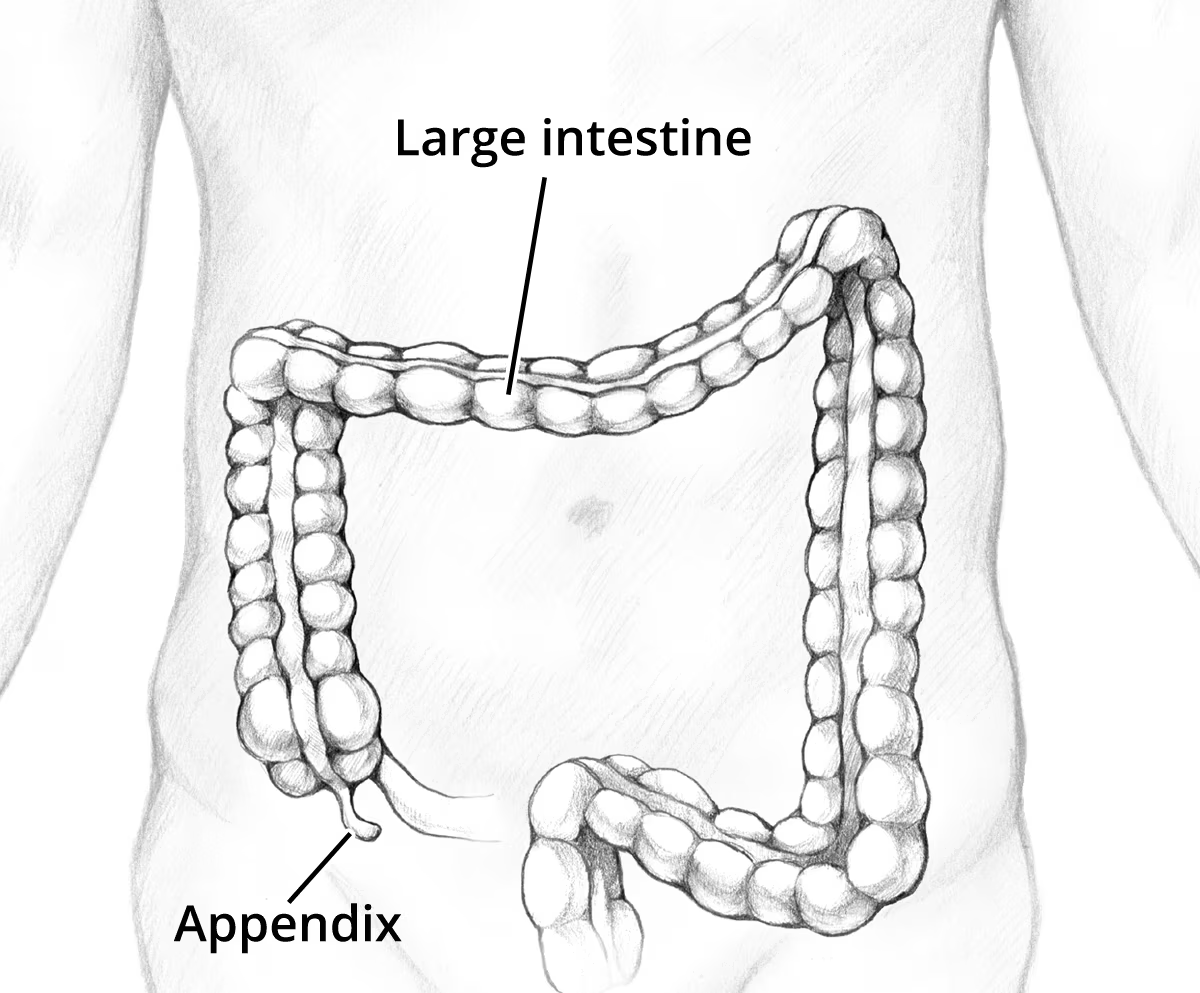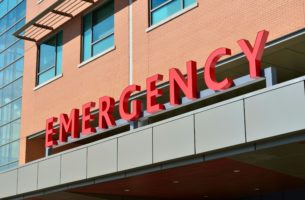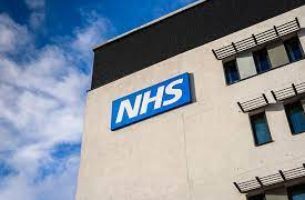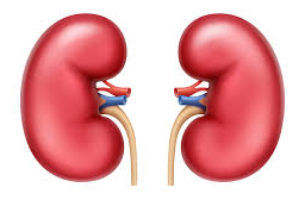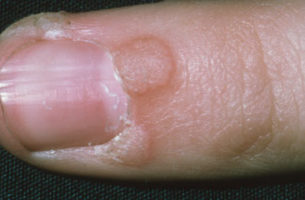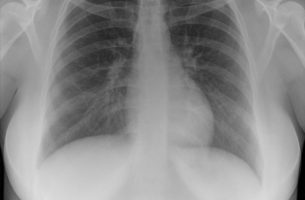10 BPH (benign prostatic hyperplasia) facts In this article we will describe 10 facts about BPH (benign prostatic hyperplasia). Key Points Benign prostatic hyperplasia (BPH), also known as prostate enlargement, is a noncancerous condition that causes the prostate gland to enlarge It is more than common. It is normal. 20-30% of men aged 50-59, 50-60% […]
Read More10 appendicitis facts Key Points Appendicitis is a surgical (and medical) emergency that requires prompt treatment. It’s essential to have a high index of suspicion for appendicitis in patients presenting with abdominal pain. This is because atypical presentations are common. A thorough history, physical examination, and imaging studies are crucial for accurate diagnosis. Delayed treatment […]
Read MoreHow can I see a doctor today in the UK? In this article we will describe how you can see a doctor today in the UK. In the UK, there are several ways to see a doctor today, depending on your location and urgency of your medical needs. Here are some options. 1. NHS GP […]
Read MoreWhen should I see a doctor about a dog bite? It’s not usually necessary to see a doctor after a dog bite, especially if the wound is minor. Here are some guidelines on when to seek medical attention: Immediate attention Deep wounds: If the bite is deep or the skin is badly torn. Bleeding doesn’t […]
Read MoreHow to help someone struggling with their mental health (5 ways) There is alot you can do to help someone struggling with their mental health. Here are 5 practical things to do. 1. Be with them .. and do these things: Listen: Without interrupting, judging, or comparing. Answer: Their calls, texts and WhatsApps today. They […]
Read MoreBMI vs waist circumference – which is better? Neither. Rather they complement each other by describing different aspects of body size. What is body mass index (BMI)? Body mass index (BMI) is calculated from your weight and height. BMI is calculated by dividing your weight by the square of your height as follows: BMI = […]
Read MoreWhat percentage of people have (microscopic) blood in the urine? About 5-10%. Yes, alot. And these people have no other evidence of renal/urinary disease. Haematuria (macro- and micro-) is one of the most common urological diagnoses, leading to over 25% of urological referrals. But the prevalence of microscopic haematuria from screening healthy volunteers is approximately […]
Read More10 wart and verruca facts In this article we will describe 10 facts about warts and verrucas. It is mainly written for health professionals. Typical warts Key Points Warts and verrucas are caused by a virus called Human Papillomavirus (HPV) They can occur anywhere on the body, but warts are often on the fingers, and […]
Read MoreWhat are the different types of x-ray? This is a normal chest x-ray In this article will explain what is an x-ray. Key Points An x-ray is a painless and quick procedure commonly used to produce images of the inside of the body. An x-ray uses a small amount of radiation. X-rays are used to […]
Read More10 nephrotic syndrome facts Key Points Nephrotic syndrome is a chronic kidney disorder characterised by excessive proteinuria, hypoalbuminaemia, hyperlipidaemia, and oedema. It is a glomerular disease. There are primary (mainly chronic glomerulonephritis) and secondary (e.g. diabetes) causes. Prompt recognition and treatment are crucial to prevent long-term kidney damage and complications. 1. Definition Nephrotic syndrome is […]
Read More


